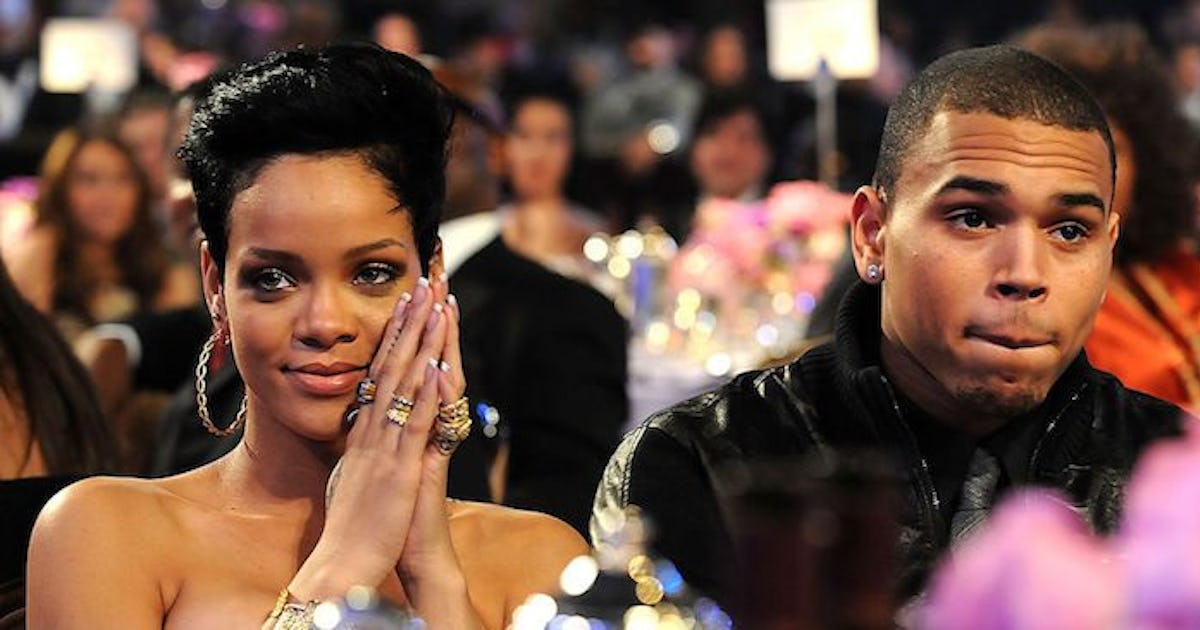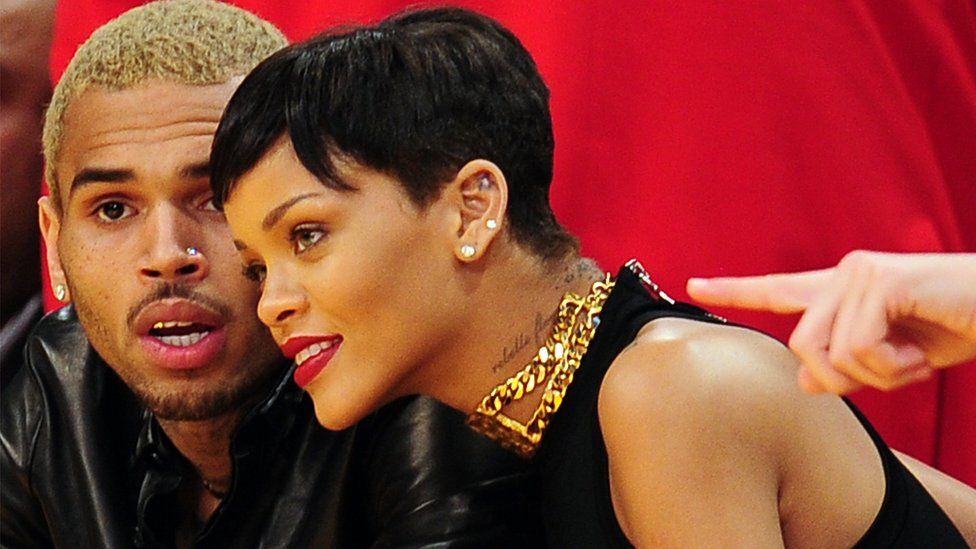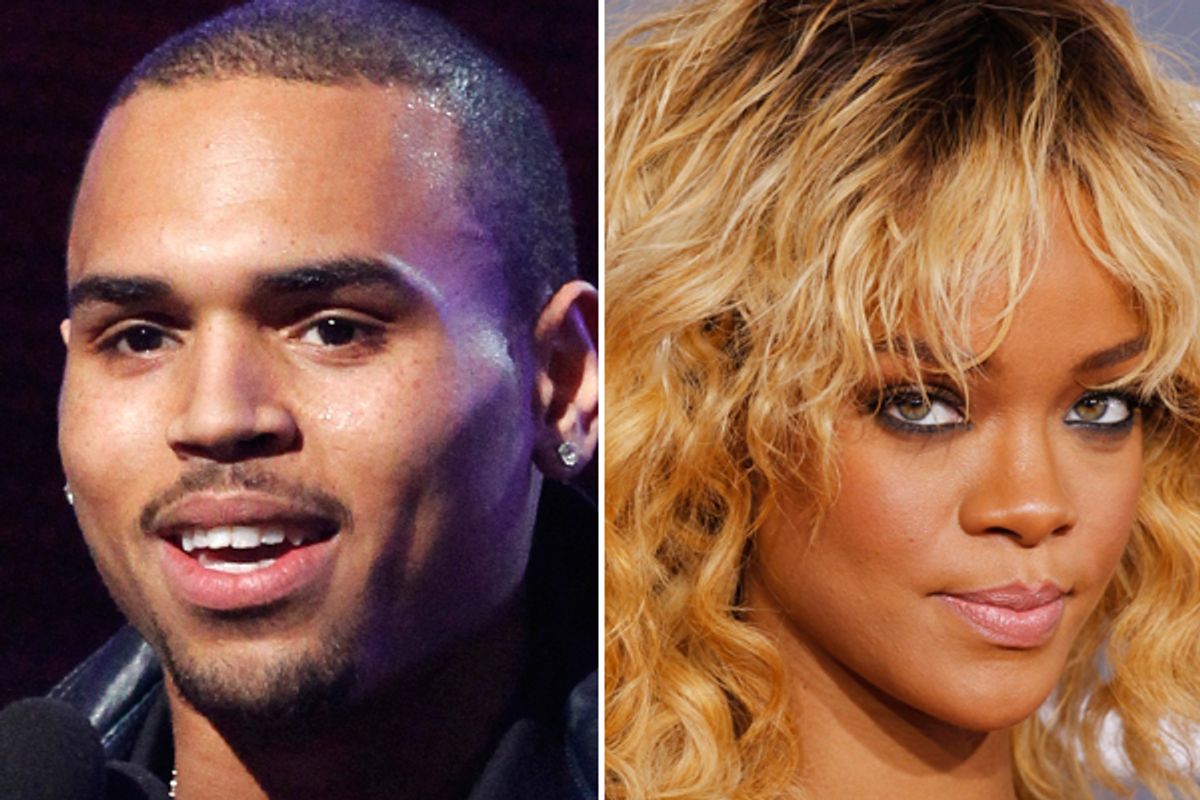Has Chris Brown truly moved beyond the shadow of the 2009 incident with Rihanna, or does the past continue to haunt his present? Despite multiple apologies and attempts at rehabilitation, the accusations of violence and the shadow of that fateful night still linger, making it difficult to fully separate the artist from the actions that once defined him.
The name Chris Brown, synonymous with chart-topping hits and electrifying performances, is unfortunately also linked to a moment of infamy that continues to cast a long shadow over his career. The 2009 incident involving Rihanna, a fellow music superstar, remains a pivotal point of discussion, a stark reminder of the complexities and contradictions that often swirl around celebrities. Initial reports, often obscured by the sensationalism that frequently accompanies such events, painted a picture of physical violence. Accounts from the time detailed a brutal attack, leading to Brown's arrest and a public reckoning with the consequences of his actions. The details, as outlined in the police affidavit of Detective De Shon Andrews of the LAPD, revealed the genesis of the conflict: a dispute stemming from a text message on Browns phone. Rihanna, after reading a three-page text message from another woman, reportedly confronted Brown, leading to a violent altercation. The incident, which occurred in a rented Lamborghini, quickly escalated, culminating in Brown physically assaulting Rihanna. The aftermath saw Rihanna with visible injuries, requiring medical attention, and the entire world watching as the story unfolded.
The legal proceedings were swift. In 2009, Brown pleaded guilty to assault, accepting the consequences of his actions. The court mandated a restraining order, alongside community service and probation. The public response was a mix of outrage, disappointment, and a desperate desire to understand how such a thing could occur. Browns image took a massive hit, and his career trajectory, once ascending rapidly, was thrown into disarray. The music industry, built on the foundation of fans adoration, found itself in a difficult position: How do you reconcile the love of a performer with the knowledge of his violent behavior? The answer, or rather the myriad of answers, became a complex reflection of societys evolving views on domestic violence, celebrity accountability, and the potential for redemption.
The narrative, however, is never one-dimensional. The perspective of Rihanna herself became crucial. Over time, she has spoken about the incident, sharing her experiences, perspectives, and her journey towards healing. These accounts, often delivered with a rawness that reflected the pain endured, have become a critical part of understanding the full weight of what happened. The public listened to Rihannas story, a story of a young woman navigating trauma in the harsh glare of the media spotlight. Her words humanized the situation, turning a simple headline into a personal account of abuse. The discussion has evolved into an examination of victim blaming and the societal pressures faced by those in the public eye.
Browns response has been a constant subject of scrutiny. He issued numerous apologies, both public and private, taking responsibility for his actions. These apologies, while welcomed by some, have been criticized by others as insufficient, a mere strategic attempt to salvage a career. The sincerity of those apologies remains a central theme in the ongoing discourse. He has sought to portray himself as a changed man, a man who has learned from his mistakes and is determined to make amends. His attempts at this rehabilitation has come in many forms, from therapy to community service, and a concerted effort to present a different image to the world. However, the accusations, the incident, and the context surrounding it have perpetually lingered.
The aftermath of this event is not just a matter of legal consequences and public perception. It has opened up a broader dialogue about domestic violence and the responsibilities of public figures. The case has acted as a powerful catalyst, sparking conversations about the complexities of abusive relationships, the challenges faced by victims, and the importance of holding perpetrators accountable. The media has often been a key player in shaping public opinion, highlighting the often-voyeuristic nature of the coverage of celebrity scandals. The court of public opinion, an increasingly active participant in todays world, continually re-evaluates the stories presented by those in power, which includes celebrities. The incident has underscored the importance of empathy and the need to support survivors.
Beyond the immediate legal and personal consequences, the incident has also had a significant impact on Brown's career trajectory. His music, once on the cusp of global dominance, has been met with a more critical reception. Despite consistent chart success, the shadow of the past continues to haunt his performances and public appearances. The question of how to separate the artist from the actions of the man is one that many fans, critics, and industry professionals continue to grapple with. Brown's ability to generate music and sell tickets is evident; however, the underlying question about the potential to redeem his reputation remains unanswered.
The incident highlighted the intricacies of the media and celebrity culture, where a single act can have far-reaching consequences. The role of the media in both sensationalizing and informing the public has been under scrutiny, showing how quickly details can become twisted and manipulated for dramatic effect. The coverage of the case was intensive, highlighting the public's fascination with the lives of celebrities while also bringing up issues of privacy and the right to be free of the spotlight.
The story of Chris Brown and Rihanna is an important example of the interplay between personal actions, public perception, and the complexities of fame. It serves as a reminder of the need to address domestic violence, support survivors, and hold those in positions of power accountable for their actions. The incident has sparked difficult but essential conversations about the power dynamics within relationships, the long-term implications of violence, and the ever-evolving standards of public morality. The case continues to be discussed, analyzed, and debated, serving as a lasting testament to the complexities of human behavior and the power of public reckoning.
The 2009 incident is not the only controversy in Browns career. He has found himself involved in numerous legal issues and controversies over the years. Reports of other accusations of assault and domestic disputes have surfaced in the news. These incidents, each carrying their own set of allegations and repercussions, have contributed to the ongoing debate about Brown's behavior and his suitability as a public figure. The accumulation of these events has prompted a deeper inquiry into the nature of his actions and the responsibility of entertainers to behave ethically. The continual nature of the legal problems underscores the issues faced by Brown, which go far beyond the 2009 incident.
The ongoing challenges faced by Brown are a reminder that the path to rehabilitation is not a quick or easy one. It requires a willingness to confront the past, a commitment to change, and a demonstrated ability to behave responsibly. Only time will tell if Brown can fully transcend the issues he has faced and establish a new narrative based on healing and redemption. However, the journey will require continuous work, genuine remorse, and a profound awareness of the consequences of his actions.
Brown's case continues to ignite discussions about the potential for forgiveness and redemption, a question with no easy answer. The public has often been divided, with some people believing he should be given another opportunity and others believing that he has not demonstrated the change necessary to warrant forgiveness. The question of forgiveness is further complicated by the fact that the issues surrounding the incident continue to be discussed. It's an ongoing process, influenced by Brown's actions, the support of his fans, and the ever-changing standards of societal expectation.
The narrative surrounding the 2009 incident will continue to be discussed and dissected. It represents a significant moment in the history of celebrity culture, and it highlights the challenges faced by both the perpetrators and the victims of violence. The impact of the events continues to resonate and will be debated for years to come. The lessons derived from this case, including the need for accountability, empathy, and the importance of supporting survivors, will continue to inform how we understand and address issues of domestic violence and celebrity culture.
The story of Chris Brown and the 2009 incident acts as a mirror for society, prompting introspection on the themes of accountability, forgiveness, and the complexities of human behavior. It is a story that illustrates the difficulties of overcoming the past, the need for reconciliation, and the endless pursuit of second chances. Browns story will continue to be a crucial part of discussions on the issues of abuse, responsibility, and the potential for rehabilitation in a world of instant fame and immense public scrutiny.
| Bio Data | Details |
|---|---|
| Full Name | Christopher Maurice Brown |
| Born | May 5, 1989 |
| Birthplace | Tappahannock, Virginia, U.S. |
| Occupation | Singer, songwriter, dancer, rapper, actor |
| Years Active | 2004 Present |
| Genres | R&B, Pop, Hip Hop |
| Instruments | Vocals, piano, drums |
| Labels | CBE, RCA |
| Associated Acts | Rihanna, Lil Wayne, Tyga, Justin Bieber, Drake |
| Notable Albums | Chris Brown (2005), Exclusive (2007), Graffiti (2009), F.A.M.E. (2011), Fortune (2012), X (2014), Royalty (2015), Heartbreak on a Full Moon (2017), Indigo (2019), Breezy (2022) |
| Awards | Grammy Award, BET Awards, Billboard Music Awards, Soul Train Music Awards |
| Website | Chris Brown Official Website |


